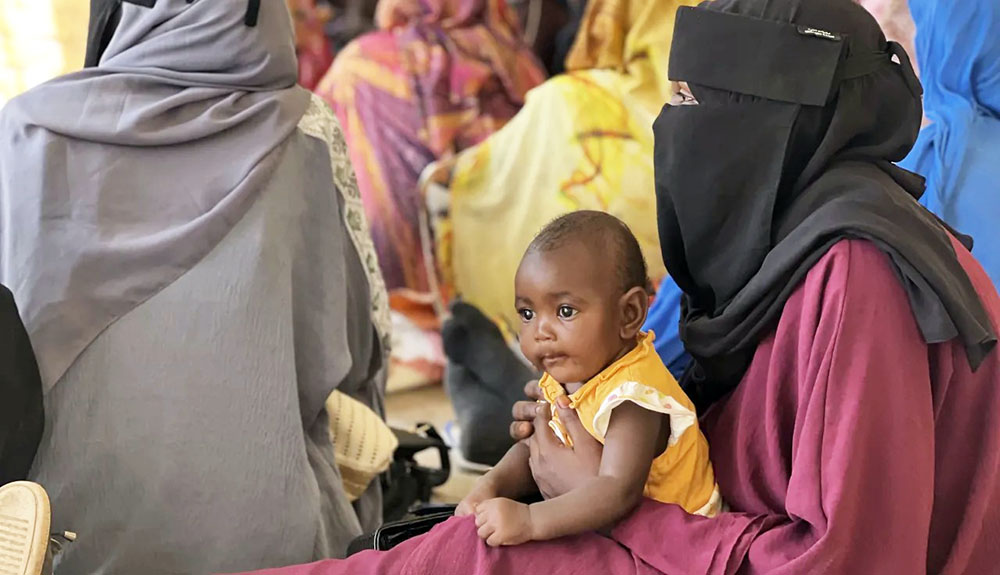
Due to War, Thousands of Civilians Trapped Without Safe Haven to Turn to
Moatinoon
The International Committee of the Red Cross (ICRC) stated that thousands of civilians remain trapped in the city of El Fasher in Sudan due to the intensity of the fighting. The ICRC noted that the Saudi Hospital, the only hospital still operational, has been repeatedly attacked, and its medical supplies are running out.
The committee explained that, despite numerous efforts, it has been unable to deliver humanitarian aid to the city to this day. It called on the parties to the conflict to respect their obligations under international humanitarian law and to facilitate access for civilians to life-saving humanitarian aid.
The ICRC revealed that essential needs, such as food supplies and medical equipment, could not be delivered by humanitarian aid trucks or commercial trucks due to the inaccessibility of the main supply routes surrounding El Fasher. It stated that hundreds of thousands of displaced persons, who have lost their livelihoods and access to agricultural lands in places like Zamzam Camp, are now starving as food shortages have reached critical levels. Humanitarian organizations must be able to access vulnerable communities in Zamzam Camp and other areas to deliver relief supplies before it’s too late.
The committee urged the conflicting parties to open more supply routes to ensure safe and unhindered delivery of humanitarian aid and the movement of essential commercial goods to El Fasher, El Obeid, Sennar, Al Jazeera, and other areas affected by the fighting.
It welcomed the decision of Sudanese authorities to reopen the Adré crossing between Chad and Sudan for three months to facilitate the delivery of humanitarian aid to the Darfur region, considering it an important and encouraging development. The committee noted that the three-month period coincides with the rainy season, naturally complicating access due to heavy rains and sudden floods. It urged the parties to keep the Adré crossing open to ensure the flow of aid.
The authorities were also urged to quickly communicate the methods for implementing cross-border operations and to reduce bureaucratic obstacles so that humanitarian organizations can fully take advantage of this opportunity to provide urgent aid.
The committee called on all parties to fulfill their obligations under international humanitarian law and to consider finding a long-term solution for cross-border humanitarian operations to ensure safe and sustainable access to aid.

